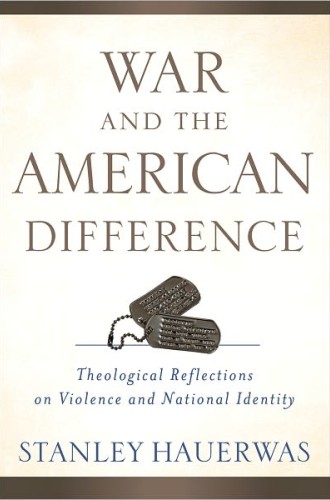America’s altar
My great-great-great grandfather James Arthur Winright died on August 3, 1865, while on his way home from serving in the 152nd Regiment of the Indiana Infantry Volunteers in the Civil War. Fortunately, at least for me, he and his wife already had five children, including my great-great grandfather John Wesley Winright, named after James's older brother, who also fought in the Civil War. Brothers James and John came from LaGrange County in northern Indiana, where their father Babel had settled down and where many nonviolent Amish people now reside.
Writing in the 1890s, E. J. Sherlock described the men of the Indiana Infantry Volunteers as belonging to "that intelligent, sober-minded, brave, strong and intrepid class who left substantial interests, home, kindred and friends, because upon mature deliberation they had determined that their services were demanded of them by their country." That demand upon soldiers of both sides led to the deaths of 8 percent of all white males aged 13 to 43 during the war.
Drawing on Harry S. Stout's Upon the Altar of the Nation: A Moral History of the Civil War, theologian Stanley Hauerwas argues in War and the American Difference that the Civil War became a total, unlimited war because the demand to participate assumed a sacral status: "The sacrifices of those doing the dying and the killing have redemptive purpose and justification." Sacrificial language was ubiquitous at the time, appearing everywhere from Lincoln's Gettysburg Address to Horace Bushnell's assertion in a sermon that the war was "quite literally a blood sacrifice required by God for sinners North and South if they were to inherit their providential destiny."






